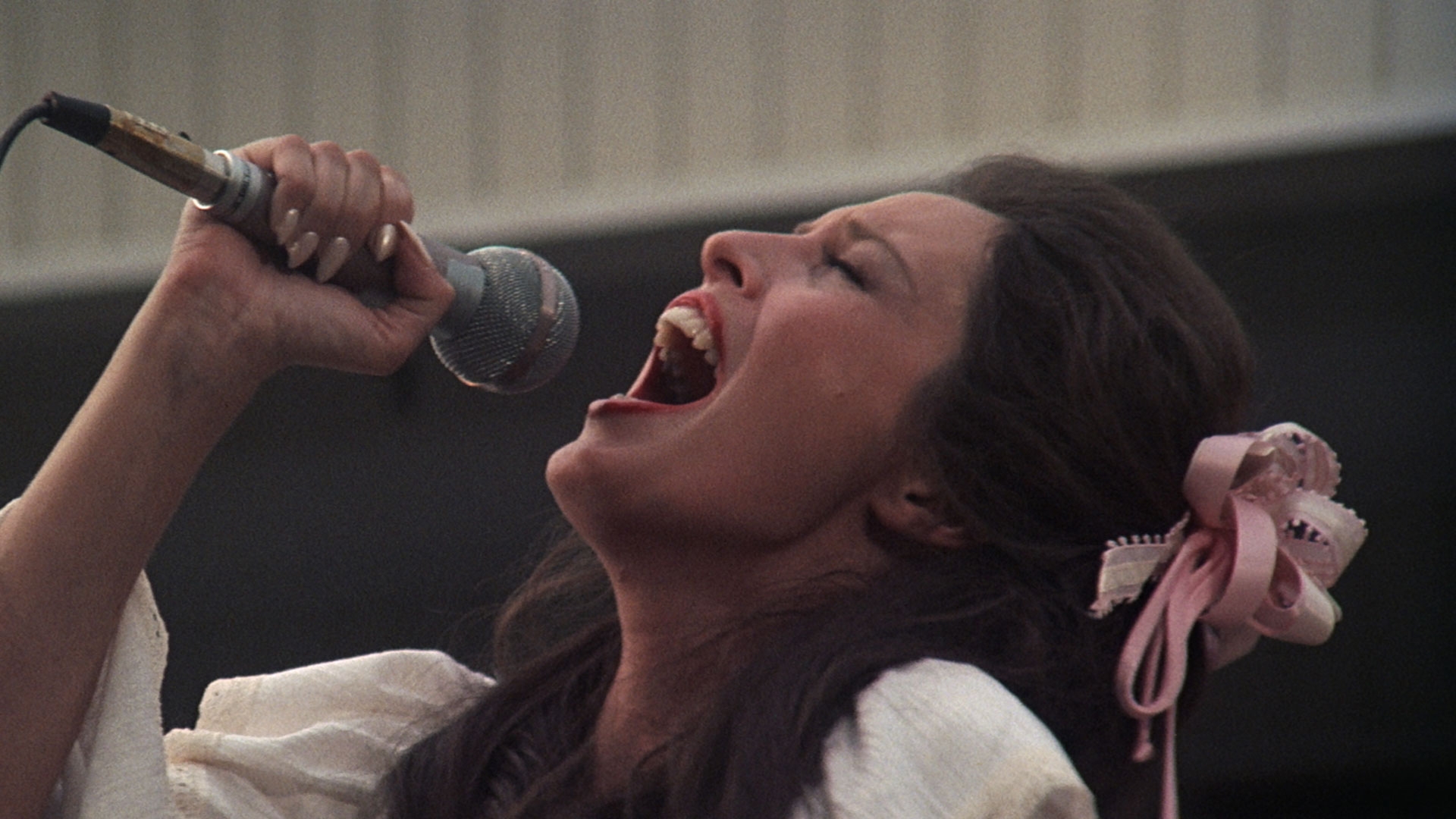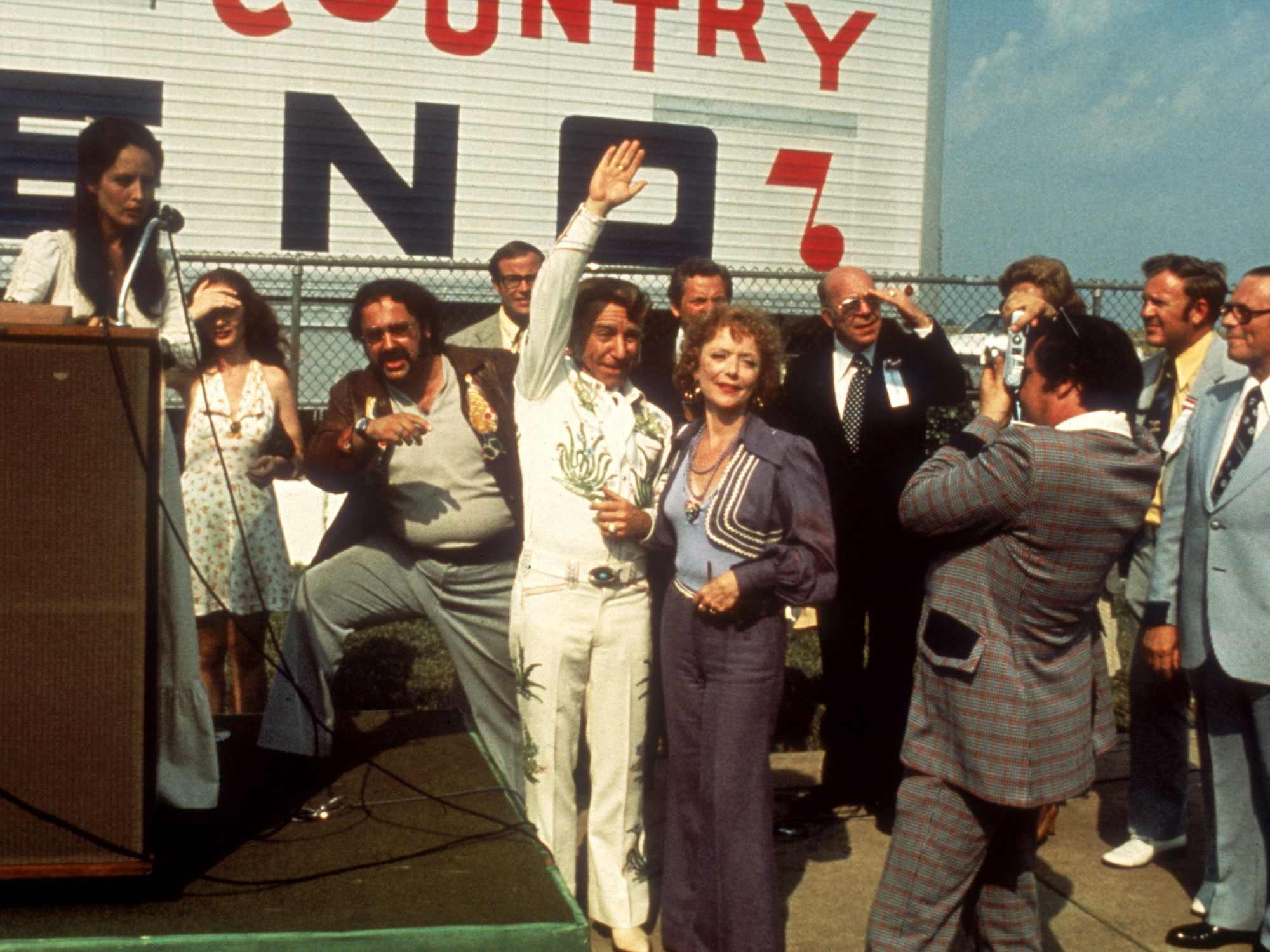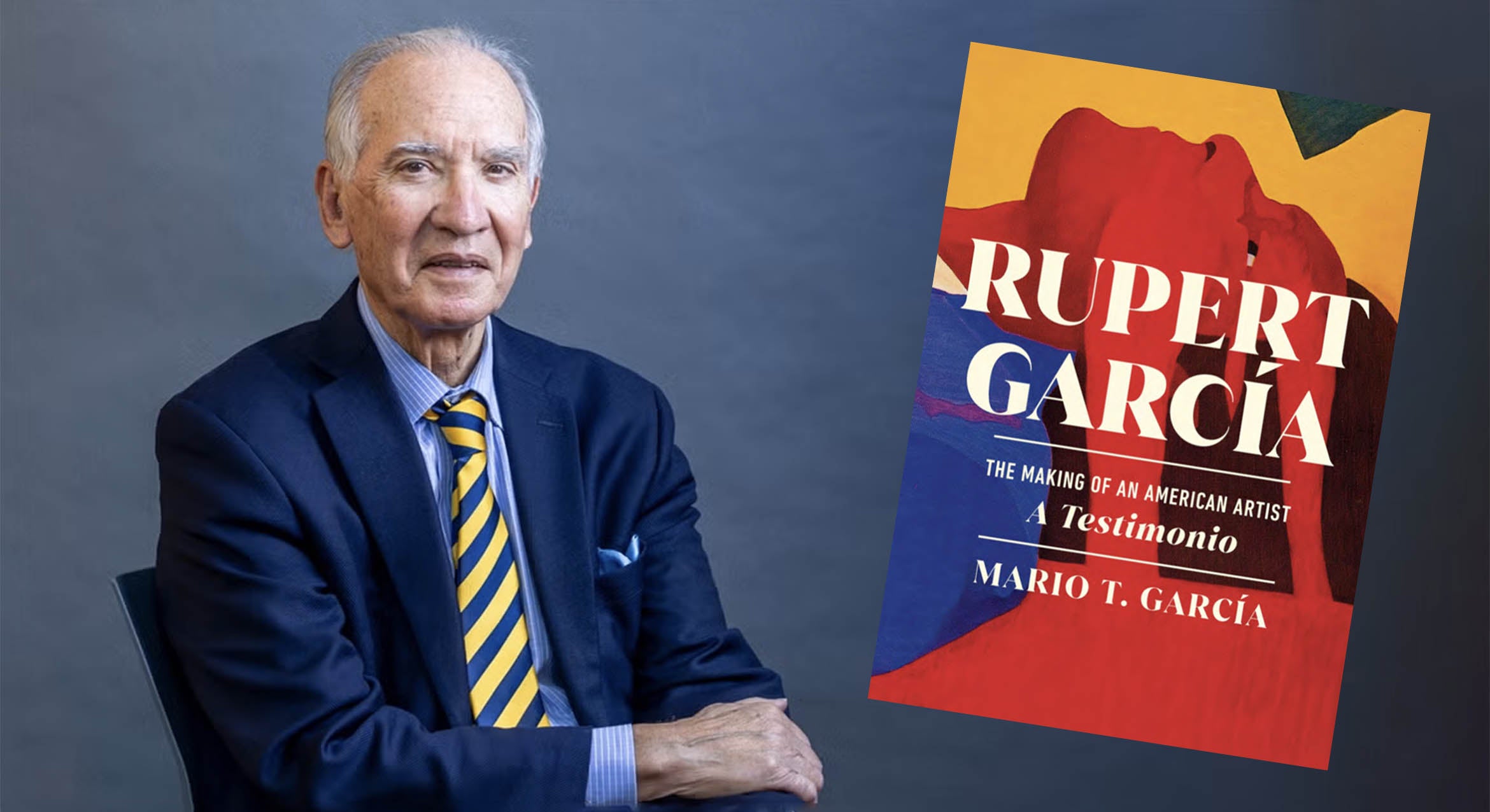
There are two movies veteran television director Paris Barclay watches every year. One is Frank Capra’s “It’s a Wonderful Life,” which he tends to see on Christmas Eve. The other is Robert Altman’s “Nashville.”
“It’s really kind of a poem,” he said of Altman’s 1975 mosaic of interconnected vignettes set in America’s country music capital. “It’s a poem I keep reading over and over again. It’s awesome to me.”
Barclay, whose credits range from “E.R.” and “The West Wing” to the recent “Monster: The Jeffrey Dahmer Story,” has decided to watch the film this year with a couple hundred friends. He will join Patrice Petro, Dick Wolf Director of the Carsey-Wolf Center, to talk about and then screen the one-of-a-kind movie at 2 p.m. Saturday, Sept. 30, in the Pollock Theater on the UC Santa Barbara campus.
The screening, which is free to the public, kicks off the center’s year-long series Revisiting the Classics. Its goal is to look at great films from the past through a modern lens, and explore their impact on both cinema history and the work of contemporary filmmakers.

Widely acclaimed when it was initially released, “Nashville” is arguably Altman’s masterpiece, the film that best embodies his unique approach and sensibility. Over the course of several days, it tracks the adventures of a diverse set of characters ranging from superstar singers to a smoothly amoral political operative. The remarkable cast includes Keith Carradine, Lily Tomlin, Ned Beatty, Ronee Blakley, Henry Gibson, Scott Glenn, Shelley Duvall and Michael Murphy.
“It’s such a picaresque journey,” said Barclay, a member of the Carsey-Wolf Center’s Advisory Board. “There is love and despair and frustration and then, once again, love. Each time I see it, I follow different characters.”
“It’s got 24 characters and multiple storylines, and it examines a specific social milieu,” added Petro. “Today, that combination is commonplace, especially in television. But for its day, it was unique in the way it aligned a social critique, entertainment and cultural insight.”
On one level, “Nashville” is very much a work of its era. There is a palpable sense of a nation coping with a series of recent traumas, including the Vietnam War, the Watergate scandal, and the still-fresh assassinations of the Kennedy brothers and Martin Luther King Jr.
But the characters created by Altman and screenwriter Joan Tewkesbury are driven by desires that, if anything, are even more ubiquitous in the Internet age: The quest for celebrity, the fragility of fame, the desire for domination. Another of the film’s recurring themes — the unholy mix of entertainment and political ambition — feels more relevant than ever in an age when a television star can be elected president.

“The political story (that is woven through the film) is very interesting,” Barclay said. “The man who is running for president, Walker, is anti-establishment and anti-lawyer. He argues the system is corrupt and he wants to tear it all down. That sounds eerily familiar to me!”
“It addresses the fragility of democracy,” added Petro. “That puts it squarely where we are today.”
Strikingly, “Nashville” often feels more like a documentary than a fictional film. It’s as if one layer of artifice has been somehow removed. Petro calls it “deceptively observational.”
“That is the genius of Altman,” said Barclay. “He has all these different actors, who are acting in a variety of styles. It all feels like it’s just happening. It doesn’t feel scripted. The actors were given a lot of freedom to improvise.
“He was one of the first directors who had all the actors wear individual microphones. He would run eight or so recording tracks at the same time. In the editing room, he’d decide on a final mix and who he wanted to focus on (at any given moment). The sound design must have been incredibly complex.”
Thanks to these unusual techniques, “You feel like the characters have a life outside the movie,” Barclay said. “They feel very three-dimensional, even when we first meet them. Altman shows them to you, and you are free to make their own judgment.”
That last point is an essential one, in Barclay’s view. In an approach to drama that is comparable to Chekhov, Altman simply allows his characters to reveal themselves. With the possible exception of an obnoxious British journalist played by Geraldine Chaplin, he never suggests how we should feel about any of them.
And in cinematic terms, he never shows off.
“There are a lot of narrative films where you’re constantly thinking about the director: ‘Look at what Tarantino did!’ or ‘There’s another great Chris Nolan shot!’” Barclay noted. “That’s all great, but it can draw your attention to the filmmaking, as opposed to the characters and the story.
“The story is there for you to experience without the apparent interpretation of the director. The fact Altman does not draw attention to himself is one reason he is one of my favorite directors.” It’s also a big reason his films, which also include “M*A*S*H,” “McCabe and Mrs. Miller” and “The Player,” are still widely admired today — none more so than “Nashville.”
Upcoming films in the center’s Revisiting the Classics series include the 1974 drama “Ali: Fear Eats the Soul,” Oct. 24; “Cane Fire,” a 2020 documentary about the Hawaiian island of Kauai and how Hollywood has portrayed its inhabitants over the decades, Nov. 2; “Our Hospitality,” the 1923 Buster Keaton silent comedy, with live music performed by Michael Mortilla, Nov. 4; and “Paris is Burning,” the 1990 documentary about drag ball culture, Nov. 28.
Tickets to all screenings are free, but reservations are suggested. They can be made at https://www.carseywolf.ucsb.edu/.
Shelly Leachman
Editorial Director
(805) 893-2191
sleachman@ucsb.edu



